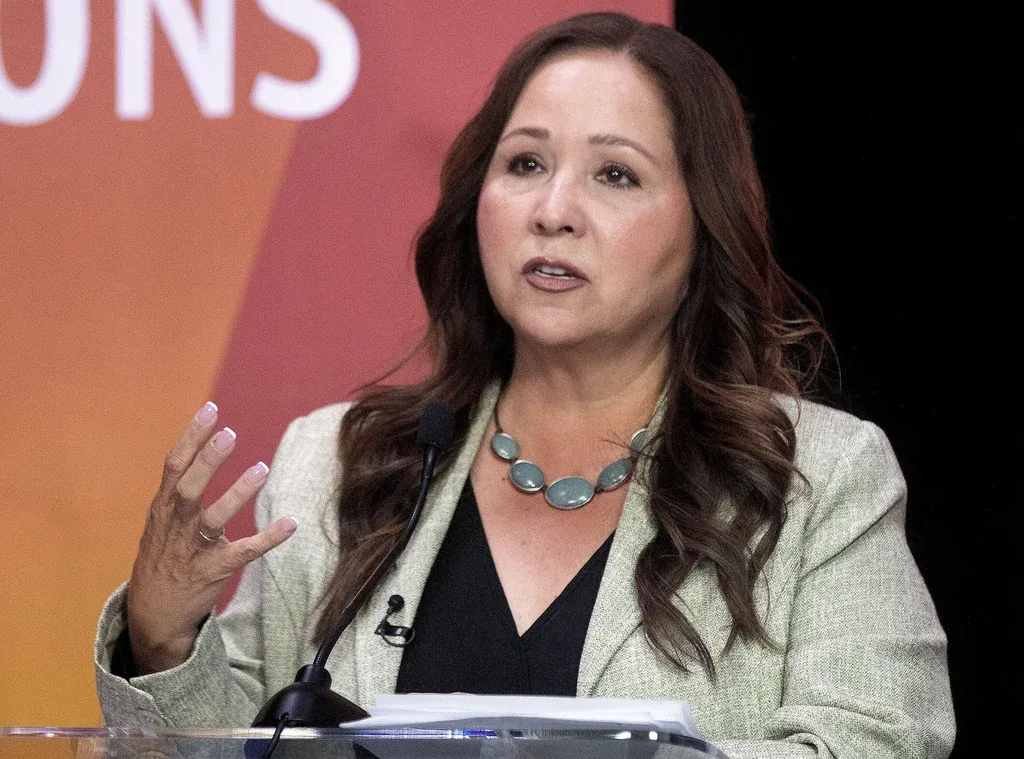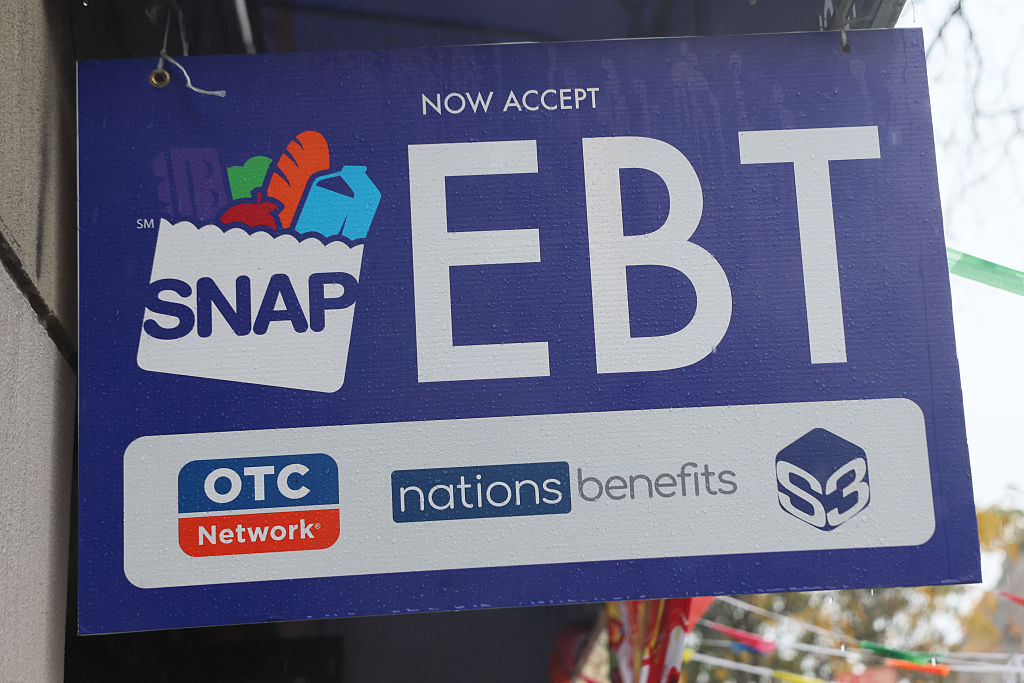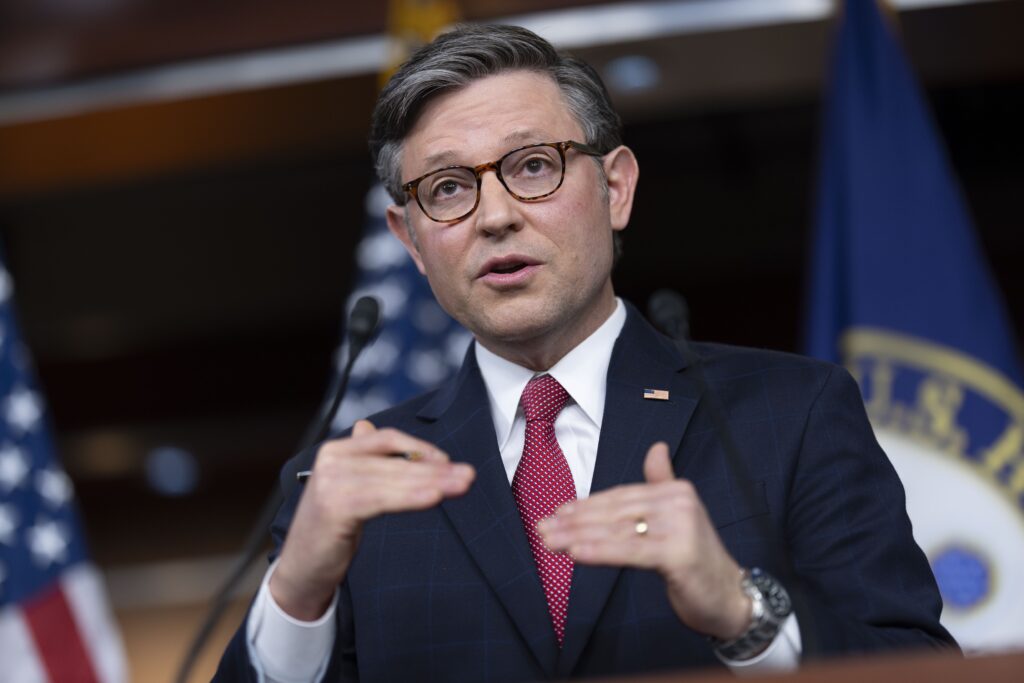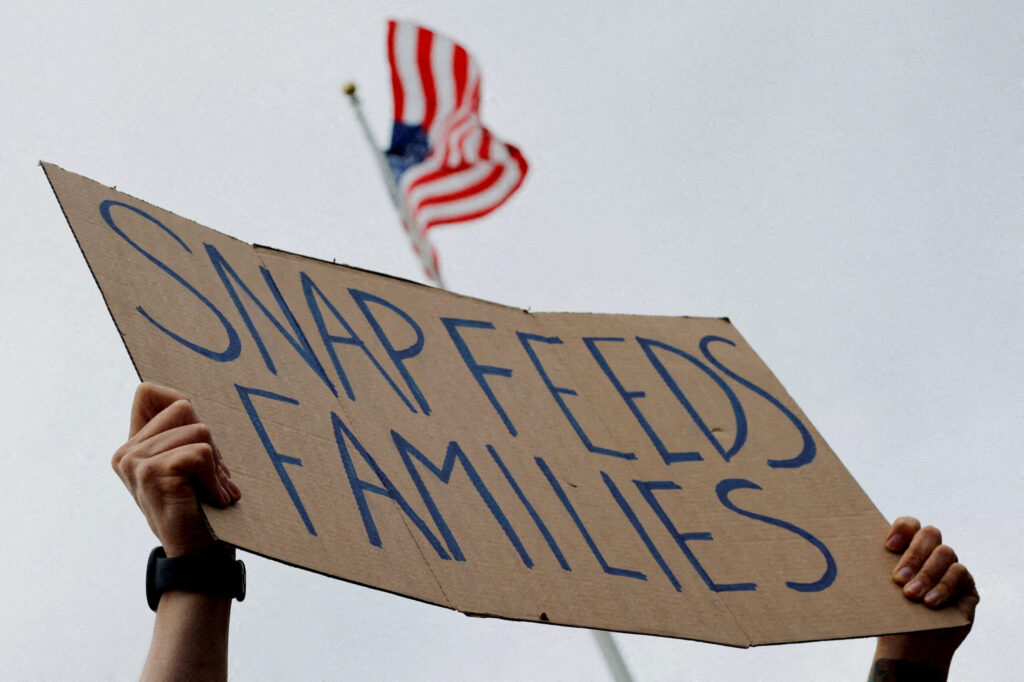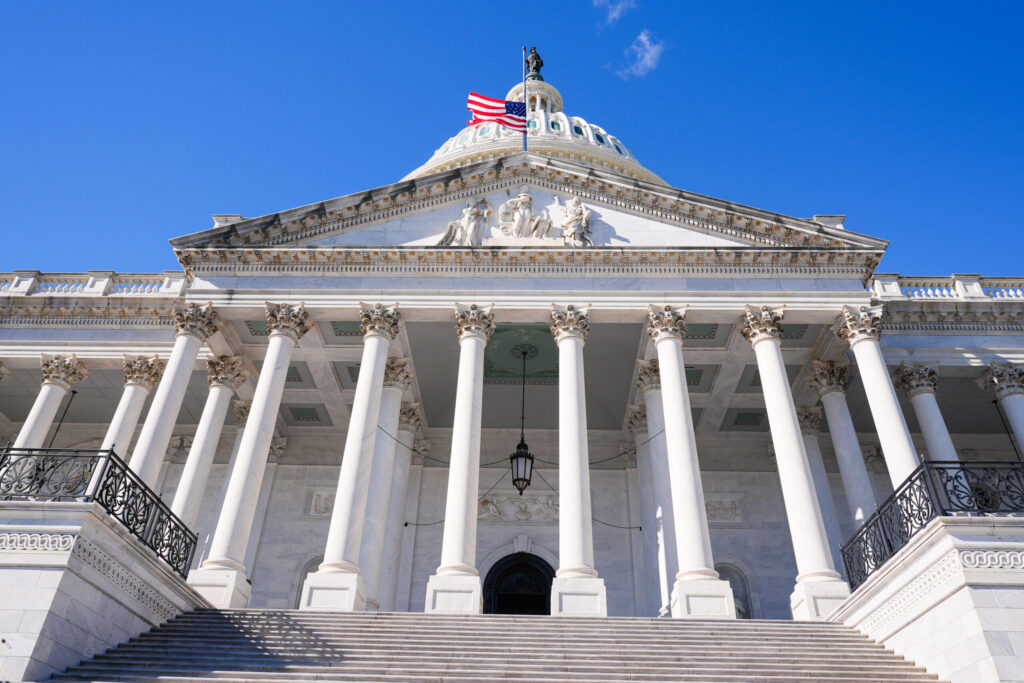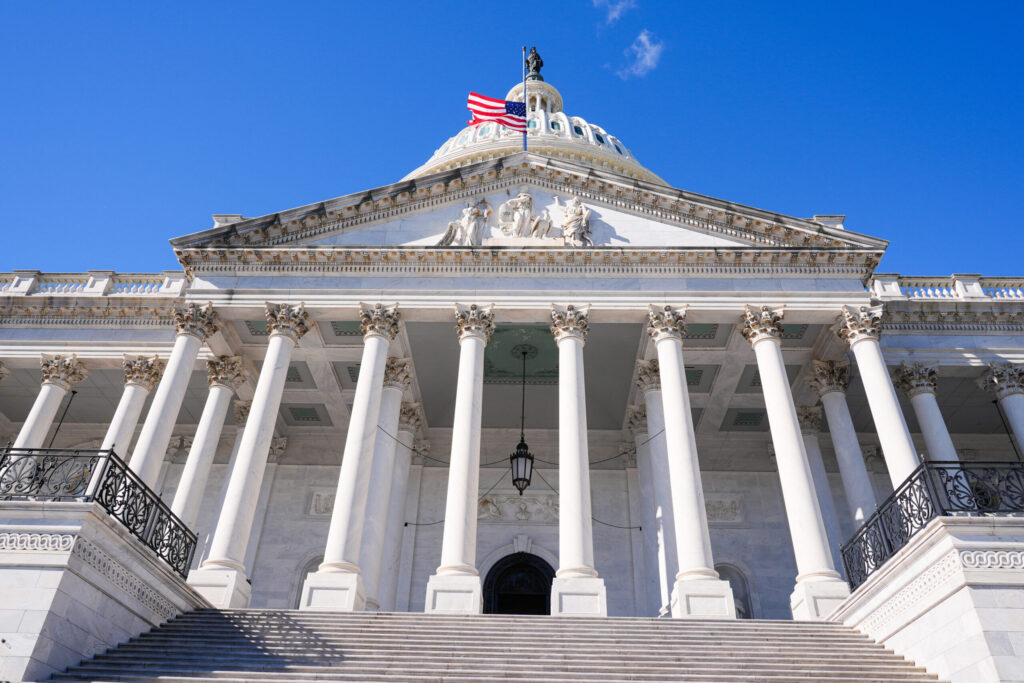Colorado hospitals and pharma industry clash over 340B drug discount program

The pharmaceutical industry and Colorado’s hospitals agree that a federal program intended to reduce the cost of outpatient medications has evolved into something unrecognizable.
While neither group wants to see the program completely upended, a contentious bill that would prohibit manufacturers from imposing restrictions on participating facilities has them split.
Both sides agree: 340B is flawed
The program in question is known as 340B, named for the section of the law in which it is defined. Established in 1992, it allows eligible health care organizations to purchase outpatient drugs at a discounted rate.
Forty-five health care centers nationwide received 340B status when the program began. As of 2024, that number has ballooned to nearly 3,000, accounting for 57% of all hospitals in the country. What started as a niche program aimed at helping the hospitals in underserved communities afford to care for patients has morphed into the second-largest prescription drug program in the United States, according to data from Pharmaceutical Research and Manufacturers of America (PhRMA).
According to Rachel Weissman, PhRMA’s deputy vice president of policy and research, 68 of Colorado’s 88 hospitals qualify for 340B, accounting for a $6.2 million reduction in state and local tax revenue due to increased costs from foregone rebates.
Critics of the program, at least in its current state, say pharmacy benefit managers (PBMs) and large hospitals have figured out how to use it to turn a profit.
William Smith of the Pioneer Institute explained that a cancer drug that costs $200,000 might cost $25,000 for a hospital with 340B status. However, that hospital still bills its insurance for the full $200,000, allowing it to pocket the $175,000 for itself.
“That’s really what’s driving this program — is the ability of hospitals to arbitrage the discounts,” Smith said during a healthcare panel hosted by Colorado Politics in November. “And what’s happened is hospitals have gone out into wealthy neighborhoods and have purchased physician practices, particularly physician practices that prescribe high-cost drugs, like rheumatologists or oncologists, and they bought them up so that they could charge more to the discounts for profit.”
Hospitals participating in the 340B program are more likely to engage in other questionable practices, such as contracting pharmacies in wealthy areas to maximize profits even if it means not serving the populations the program was designed to help, Smith said. He added that some hospitals also make it a point to purchase physician practices that prescribe high-cost drugs, such as rheumatologists or oncologists.
On average, 340B hospitals charge patients 150% more for a prescription than their non-340B counterparts, said Weissman, even though they make three times as much as independent physician offices that sell medication to commercially insured patients.
Tom Wisniewski, director of pharmacy at San Luis Valley Health, argued the statements by Smith and PhRMA were inaccurate and misleading. Contract pharmacies don’t necessarily charge more just because they’re located in wealthy areas, he said. Their fees are dictated by contracts from hospitals and are consistent throughout all regions of the state.
Without the 340B program, Wisniewski said SLVH and smaller hospitals around the state would be unable to treat low-income patients at all, meaning they’d have to travel to larger metropolitan areas, sometimes hours away, to receive care.
“In my opinion, your sources are intentionally trying to spread misinformation to help prevent Senate Bill 25-071 from passing,” Wisniewski said.
Bills seek to tackle restrictions, lack of transparency
In 2020, pharmaceutical manufacturers, including Eli Lilly, AstraZeneca, and Merck, began restricting 340B covered entities using contract pharmacies by refusing to comply with 340B rates. Currently, 19 states have passed or are in the process of passing laws that mandate 340B’s unlimited use of contract pharmacies, and Colorado may soon join them.
Senate Bill 071, sponsored by Sens. Dafna Michaelson Jenet, D-Commerce City, and Janice Rich, R-Grand Junction, and Reps. Matthew Martinez, D-Monte Vista, and Rick Taggart, R-Grand Junction, would prohibit pharmaceutical companies from “denying, restricting, prohibiting against or otherwise limiting” the acquisition of 340B drugs by a covered pharmacy.
The bill would also prohibit manufacturers from requiring covered entities or contracted pharmacies to submit information unrelated to a claim unless given voluntarily or required by federal law. Violations would be considered a deceptive trade practice under the Colorado Consumer Protection Act.
Hospitals must also post information on their website about their estimated financial benefits from 340B discounts and how they plan to use those savings.
The Colorado Hospital Association supports the bill, saying it will hamper Big Pharma’s continued efforts to weaken 340B.
“Protecting the 340B program in Colorado will preserve its numerous benefits of improving care access for patients, managing overall health care costs, and helping to keep local hospitals viable,” said Jeff Tieman, CHA’s president and CEO. “Without it, many patients will struggle getting the affordable medications and critical health services they need, jeopardizing their health and wellbeing. Coloradans cannot afford to see the program weakened.”
PhRMA opposes the measure, arguing that 340B is a federal program and any adjustments to its statute should be made at the federal level.
In 2021, the organization sued the state of Arkansas for its law prohibiting restrictions on 340B drug discounts. The court sided with the state.
“When tax-exempt hospitals go unchecked and can markup medicines by seven times or more, they drive up costs for Colorado’s most vulnerable patients, taxpayers, and employers, inflating premiums and straining programs like Medicare and Medicaid,” said PhRMA spokesman Reid Porter. “Hospitals behind this bill are abusing the federal program called 340B to markup medicines to boost their profits. And, they aren’t using those profits to help patients. Instead, it’s a hidden tax on everyone. These misaligned incentives divert funds that could otherwise be used to raise wages, fund schools or support critical government initiatives.
Passing SB 25-071 risks expanding hospital profiteering off the backs of Coloradans. PhRMA supports 340B’s original intent of expanding access to medicines for rural and underserved communities, but it has become a back door for tax-exempt hospitals to profit at the expense of Colorado’s most vulnerable residents.”
Another bipartisan measure targeting 340B is Senate Bill 124, sponsored by Sens. Barbara Kirkmeyer, R-Brighton, and Julie Gonzales, D-Denver, and Reps. Kyle Brown, D-Louisville, and Lori Garcia Sander, R-Eaton.
The bill would require nonprofit hospitals to use their 340B profits to decrease out-of-pocket costs for low-income patients. It also requires covered hospitals to report information related to their 340B participation, such as how profits are being used, payments to third parties, and any use of contract pharmacies, to the CDPHE.
The Hospital Association has voiced opposition to the bill, saying it gives money to Big Pharma and imposes “incredibly burdensome” reporting requirements on health care providers.
The bill would turn 340B into a “one-size-fits-all” program, rather than allowing health care providers to allocate profits according to their community’s needs.
Both bills are scheduled to be heard by the Senate Health and Human Services Committee on March 6.






